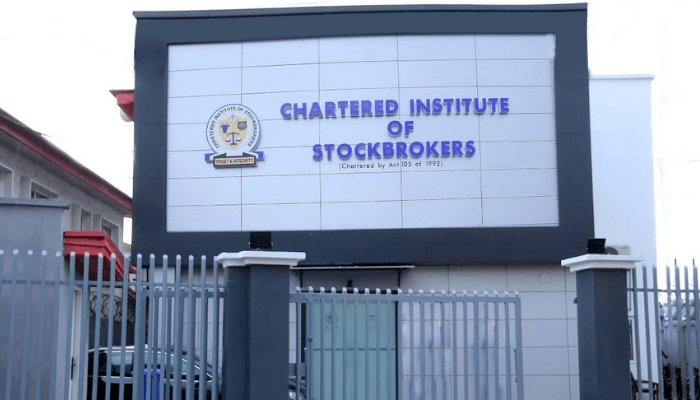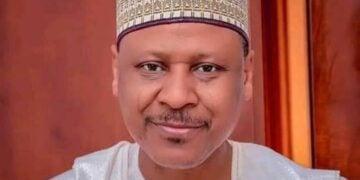The president and chairman of the Council of the Chartered Institute of Stockbrokers (CIS), Oluropo Dada, has called on the federal government to implement structural reforms in Nigeria’s financial ecosystem to enable sustainable capital formation and drive long-term economic growth.
Speaking at the CIS Workshop themed ‘Capital Formation in Nigeria: Strengthening Industry, Institutions and Markets to Bolster a $1 trillion Economy’, held in Abuja, Dada emphasised the need for deliberate government action to create an environment where industries, institutions, and capital markets can flourish.
He noted that “capital formation does not occur in a vacuum. It requires an ecosystem built on policy consistency, macroeconomic stability, robust public-private partnerships, and investment in human capital.”
He further stressed the importance of strong, transparent institutions in attracting long-term investments, saying that “institutional reform is critical. Nigeria must enhance governance, strengthen its regulatory frameworks, and address corruption in order to build investor confidence.”
Dada also highlighted the untapped potential of Nigeria’s informal sector, noting that “by formalising and integrating this sector into the mainstream economy, we can broaden the tax base, deepen financial inclusion, and significantly boost capital market participation.”
Also speaking at the event, director-general of the Securities and Exchange Commission (SEC), Dr. Emomotimi Agama, reaffirmed the Commission’s commitment to capital formation as a pillar of economic growth.
He referenced the Investment and Securities Act (ISA 2025) as a key tool to drive innovation and deepen the market.
Representing Vice President Kashim Shettima, the special adviser on Economic Matters, Dr. Tope Fasua, described capital formation as the foundation for infrastructure development, economic expansion, and improved living standards.
Fasua noted recent growth in Nigeria’s capital market, adding that “in 2023, the All-Share Index (ASI) stood at 55,000 points with a market capitalisation of N28 trillion. As of July 2025, the ASI has surged to 131,000 points, and market capitalisation now stands at N75 trillion, a threefold increase in just two years. This reflects renewed investor confidence and a clear path to economic recovery.”
The workshop concluded with a strong consensus among stakeholders on the need for continuous reforms, collaboration, and innovation to unlock Nigeria’s full economic potential.











